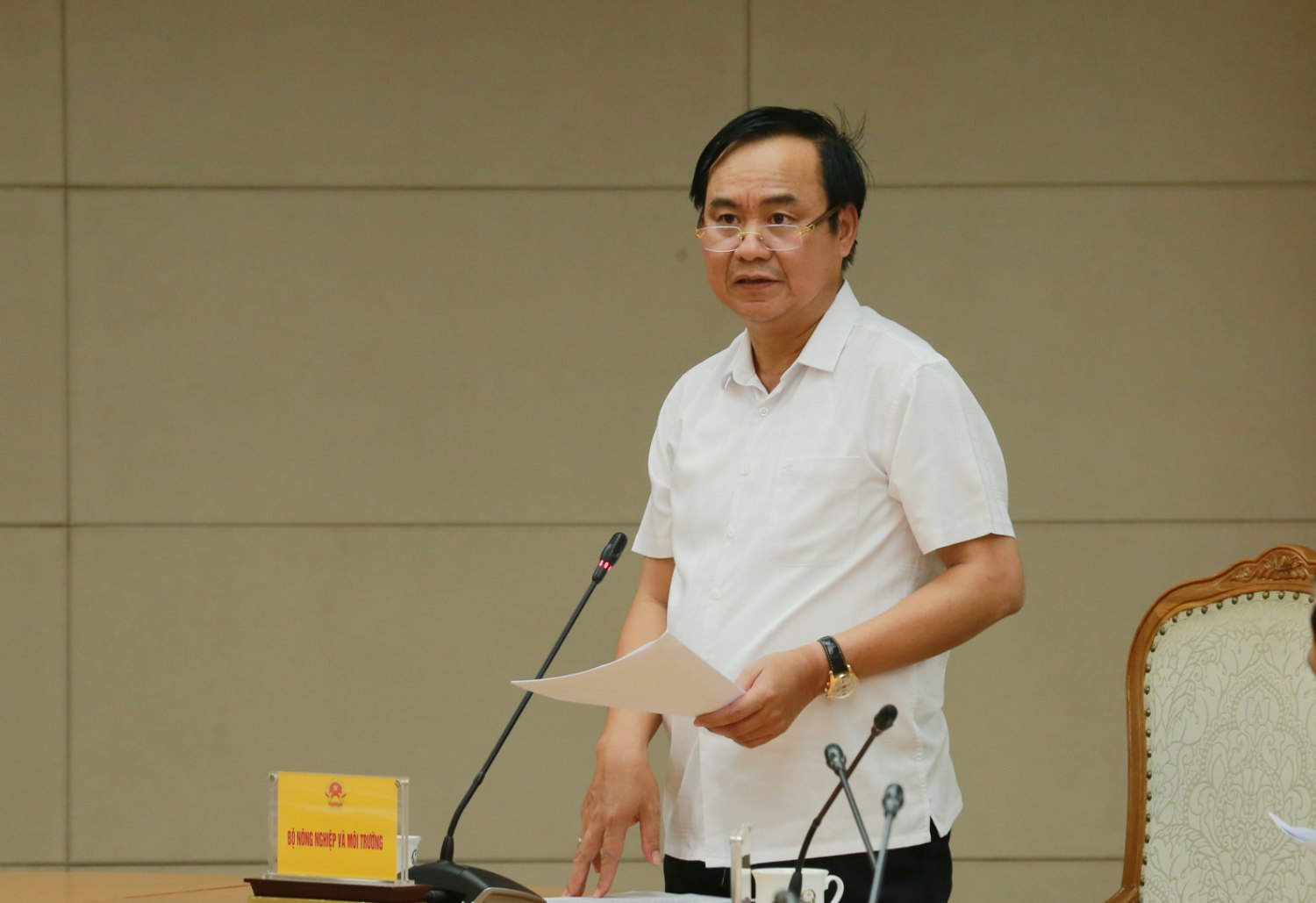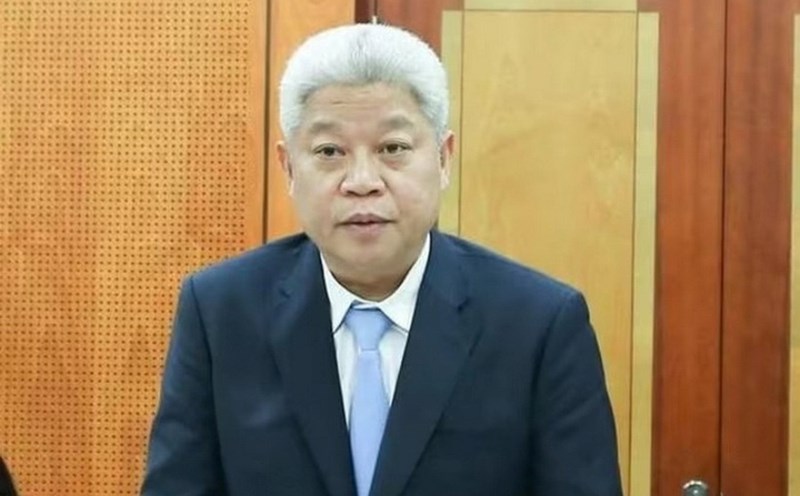On the afternoon of September 12, at the Government Headquarters, Deputy Prime Minister Tran Hong Ha chaired a meeting on the report on the proposed investment policy for the national target program on new rural construction and sustainable poverty reduction; draft Decree regulating multidimensional poverty standards.
Reporting at the meeting, Deputy Minister of Agriculture and Environment Vo Van Hung said that the expected poverty line for the 2026-2030 period includes two groups of criteria: Income (VND2.2 million/person/month in rural areas; VND2.8 million/person/month in urban areas) and the shortage of basic social services, approaching the minimum living standard by 2028.
According to data from the Department of Statistics and Socio-Economic Forecasting, if the new standards are applied from the beginning of 2026, the multidimensional poverty rate will increase from 1.93% to 11.7%, equivalent to about 3.3 million households.
The budget for implementing social security support policies for poor and near-poor households in 2026 is about 30,000 billion VND, double in 2025; the average period for 2026-2030 is about 23,000 billion VND/year, higher than the previous period's 19,000 billion VND/year.
Regarding the proposal to merge 2 national target programs on new rural construction and sustainable poverty reduction for the 2026-2035 period, the Ministry of Agriculture and Environment plans to implement nationwide with beneficiaries including poor households, near-poor households, newly escaped poverty households, communities, cooperatives and related organizations. The program has a 10-year roadmap, divided into two phases (2026-2030, 2031-2035).
The program ensures inclusive development, taking people as the center; building modern rural areas associated with industrialization and urbanization; synchronous socio-economic - environmental development; multi- finality governance, strong decentralization to localities...
The target by 2030 is that the average income of rural people will increase by 2.5-3 times compared to 2020; the rate of poor households will decrease by 1-1.5%/year, poor communes will decrease by at least 3%/year; 100% of poor communes will escape poverty; at least 65% of communes will meet new rural standards, 10% of communes will meet modern standards; 4-5 provinces and cities will complete the construction of new rural areas.
By 2035, the average income of rural people will increase by 1.6-2 times compared to 2030; at least 85% of communes will meet the standards, 10-12 provinces and cities will complete the construction of new rural areas, of which 4-5 localities will meet modern new rural standards.
The total estimated resources mobilized to implement the program in the 2026-2035 period is 12.35 million billion VND.
In the 2026-2030 period, the central budget allocates priority to 350 poor communes with about VND52,500 billion; supports 1,148 communes to strive to meet new rural standards by 2030 with about VND106,000 billion; supports 463 communes to carry out sustainable poverty reduction tasks and strive to meet new rural standards in the 2031-2035 period with about VND18,520 billion...
The Ministry of Agriculture and Environment proposes that the implementation of national target programs in the fields of culture, education, health care, etc. does not take capital from the program for new rural construction and sustainable poverty reduction, but is designed synchronously, complementing each other to achieve common goals.

At the meeting, former Minister of Agriculture and Rural Development (now the Ministry of Agriculture and Environment) Nguyen Xuan Cuong emphasized that in the coming period, with the transition to a two-level local government, the scale of communes will change after the merger, leading to different requirements in building new rural areas and sustainable poverty reduction. Therefore, it is necessary to study and integrate national target programs to ensure synchronization, avoid resource dispersation and improve implementation efficiency.
According to Mr. Nguyen Xuan Cuong, combining programs such as new rural construction, sustainable poverty reduction and socio-economic development in ethnic minority and mountainous areas will help unify goals and solutions, while overcoming difficulties in allocating and disbursing the budget.
Agreeing with this opinion, Deputy Minister of Justice Nguyen Thanh Ngoc said that the new program must overcome the limitations in the previous period, when many localities had resources but could not disburse due to general criteria and lack of specific addresses.
"If we only generalise and do not clearly identify products, it will lead to a situation where there is money but it cannot be done, or the capital is delayed in disbursement," Deputy Minister Nguyen Thanh Ngoc discussed and recommended choosing 3-4 breakthrough task groups.











